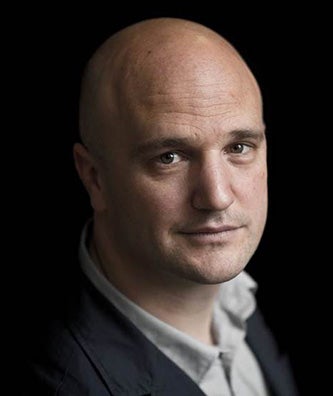Oregon Quarterly video features SCYP Redmond
Oregon Quarterly highlights the UO’s Sustainable Cities Year Program in Redmond in the magazine’s latest issue. The article features a video showing UO students engaging with Redmond officials and citizens on collaborative projects to help make the city greener and more livable.

 Scott Coltrane, provost and senior vice president, announced today that the next dean of the University of Oregon School of Architecture and Allied Arts is Christoph Lindner. He will be moving to Eugene from the Netherlands, where he is professor of media and culture at the University of Amsterdam.
Scott Coltrane, provost and senior vice president, announced today that the next dean of the University of Oregon School of Architecture and Allied Arts is Christoph Lindner. He will be moving to Eugene from the Netherlands, where he is professor of media and culture at the University of Amsterdam. Assistant Professor Dyana Mason is quoted extensively in a
Assistant Professor Dyana Mason is quoted extensively in a